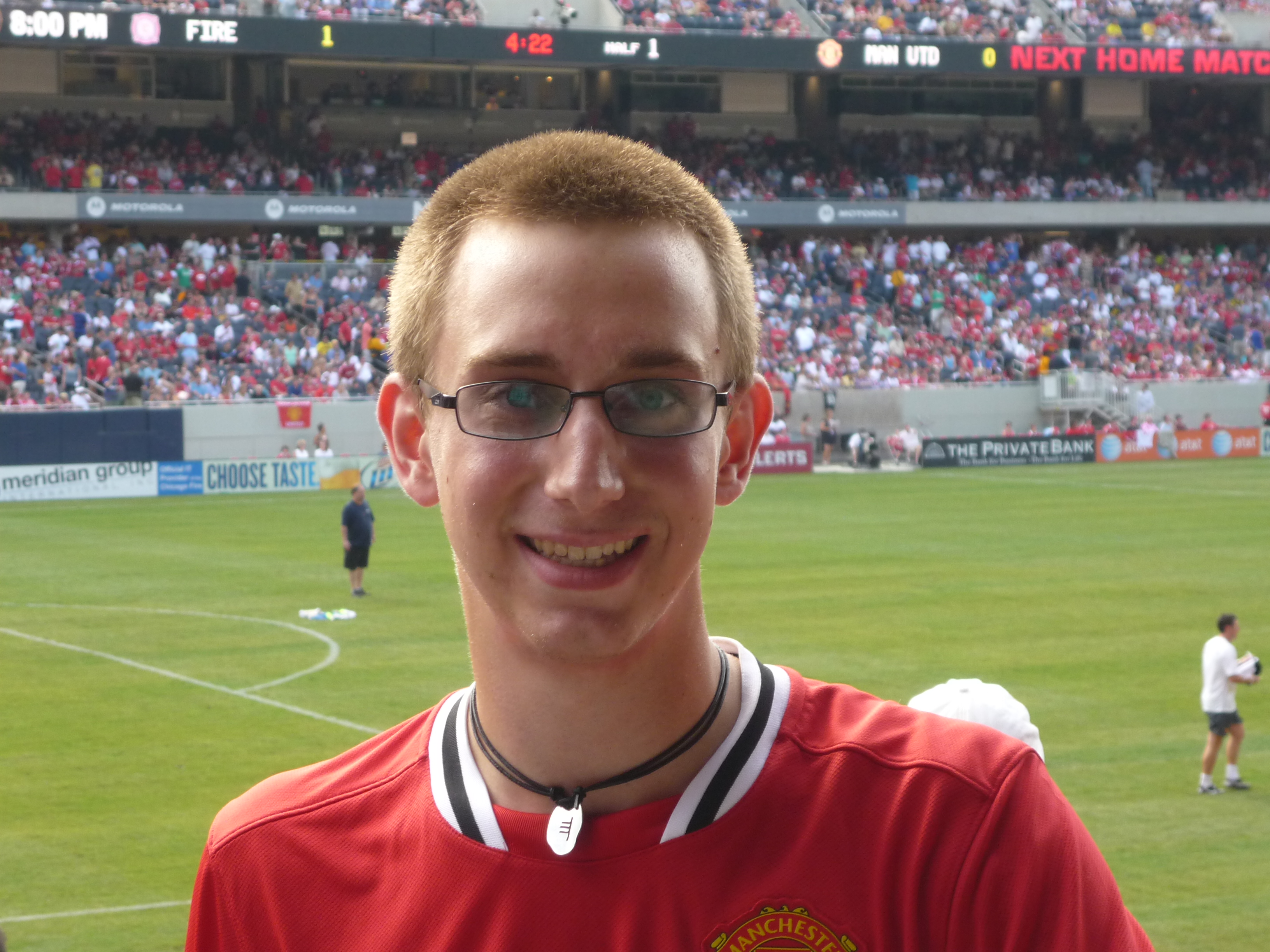Celebration of Scholars
Agents are Forever: Intelligence and Counter-Intelligence Pertaining to the Western Front, North Sea, and Britain During the First World War
 Name:
Thomas Williams
Name:
Thomas Williams
Major: History
Hometown: Berwyn, IL
Faculty Sponsor:
Other Sponsors:
Type of research: Senior thesis
Abstract
The historiography on intelligence during the First World War currently lacks sufficient detail. Historian John Keegan in The First World War concluded that length of the war was dependent upon outdated tactics with modern technology. This paper argues British intelligence and counter-intelligence had been vital, but failed to shorten the war until properly implemented. Military commanders, due to their own arrogance, failed to implement intelligence that could have shortened the war, amounting to fewer casualties. Historians such as Alan Judd, Michael Occleshaw, Christopher Andrew, and Paul Gannon graze this issue, but discussion is scant. This manuscript relies on current secondary research, but also incorporates new data from documents not currently used by prominent intelligence historians. This research argues that the arrogance of British commanders resulted in a conflict that was longer than necessary, given correct intelligence on German divisions. Meaningful results were achieved only when British commanders adopted strategies suited to the intelligence.
Submit date: Feb. 6, 2013, 4:36 p.m.
